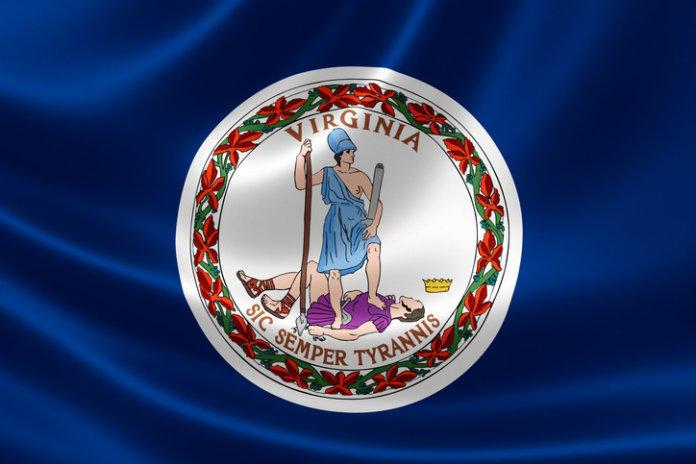On Wednesday, Gov. Terry McAuliffe, D-Va., announced that 319 state and local government vehicles have been transitioned to alternative fuel in Virginia – exceeding the governor’s 300-vehicle goal established in his 2014 Virginia Energy Plan.
McAuliffe announced the milestone in front of a propane fueling station at the Virginia Department of General Services (DGS) central fleet facility, which also offers a high blend of renewable ethanol fuel and electric charging stations for state and local fleet vehicles. A range of clean fuel fleet operators, technology providers, and a wide diversity of clean fuel fleet vehicles were visible at the event.
“I’m pleased to announce today that the commonwealth has exceeded our goal of transitioning state and local vehicles to alternative fuels, and we’ve done so ahead of schedule,” said McAuliffe at the event. “With our 2014 energy plan, we set out to expand access to alternative fuel vehicles in a way that was cost effective for the commonwealth and that leveraged best practices from the private sector. These vehicles reduce air pollution and greenhouse gas emissions, cut down on gasoline costs and support our commonwealth’s growing alternative fuels industry, leading to job growth here at home and more sustainable transportation solutions. This is a great step forward and we will continue to work to make Virginia’s the cleanest and most innovative vehicle fleet in the nation.”
According to the governor’s office, state and local vehicles that have been transitioned include light-duty propane vehicles, such as trucks, vans and police interceptors; heavy-duty propane vehicles, such as school buses; compressed natural gas (CNG) vehicles, including sedans and refuse haulers; and electric sedans.
The DGS and the Virginia Department of Mines, Minerals and Energy (DMME) supported this goal by establishing the public-private contracts that made possible the installation of propane and CNG infrastructure and the purchase of vehicle conversions. These contracts, combined with DGS contracts for new clean fuel vehicles, paved the way for state agencies and local public bodies to have easy access to alternative fuel solutions.
“This is important because Virginia produces nearly no oil and has an economic and environmental opportunity to transition to cleaner domestic fuels,” said Alleyn Harned, executive director of Virginia Clean Cities. “Propane and natural gas and electricity are low-cost alternative fuels, often representing cost savings as much as $1 per gallon.”
McAuliffe also awarded Chesterfield County with the Governor’s Green Fleet Award for its leadership in the alternative fuels transition by implementing 50 vehicles and five advanced fueling stations that allow state and local vehicles to visit and refuel.
“Today’s announcement marks an important milestone in our efforts to transition state and local vehicles to alternative fuels, and I congratulate Chesterfield County for its leadership,” commented Virginia Secretary of Commerce and Trade Todd Haymore. “Working with our public and private sector partners, I look forward to continuing this transition in more state agencies and local governments in the months ahead.”
In 2014, McAuliffe unveiled the Virginia Energy Plan committing to accelerating the development of advanced vehicle technology and the use of alternative fuels for vehicles in the state. Advancing the existing Commonwealth Alternative Fuel Program, established in 2012, the governor helped accelerate the development of advanced vehicle technology and the use of alternative fuel vehicles by public bodies, encouraging state agencies and local governments to advance the first 100 vehicles fueled by natural gas or propane by Oct. 1, 2015. The ultimate goal was to deploy at least 300 vehicles by the end of his administration. With Wednesday’s announcement, Virginia exceeded this goal five months ahead of schedule, and the governor says the state will continue to promote efforts to transition state and local government vehicles to alternative fuel through the remainder of the administration.





